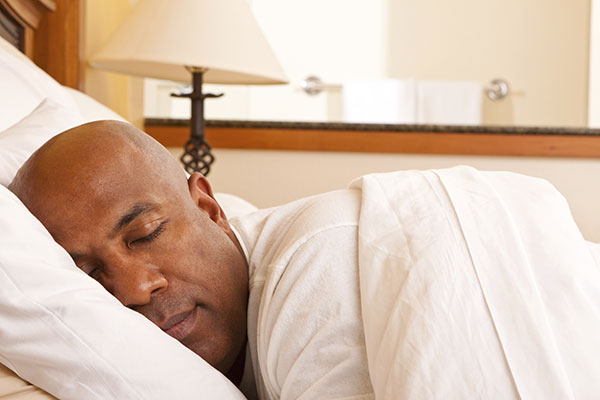Researchers say people who dream less frequently during sleep may be more likely to develop dementia.
Dementia is a general term for memory loss and other brain diseases severe enough to affect a person’s daily life.
According to researchers, every percentage reduction in rapid eye movement (REM) sleep can be associated with approximately a nine percent increase in the risk of developing dementia.
Rapid eye movement sleep is the stage when dreaming occurs and it is characterised by an increase in brain activity as well as higher body temperature, quicker pulse and faster breathing. It is a period of sleep that improves brain function and creates long-term memories.
The first REM stage occurs about an hour to 90 minutes into sleep and then recurs several times during the night, with longer periods usually later into our sleep.
Scientists from the US and Australia examined sleep data from 321 people over the age of 60 who were part of a study examining sleep and heart health.
Over an average period of 12 years, 32 participants were diagnosed with some type of dementia, 24 of them with Alzheimer’s.
The study, published in the journal, Neurology, found that those who developed dementia spent an average of 17% of their sleep time in REM sleep, compared to 20% for those who did not develop dementia.
The study team said the results were similar even after other risk factors like heart disease, depression, and medication use, were removed.
No associations were found between non-REM stages of sleep and dementia risk.
Researchers say there is a need to explore how the dreaming stage can affect the chances of developing dementia.
Copyright 2024 TheCable. All rights reserved. This material, and other digital content on this website, may not be reproduced, published, broadcast, rewritten or redistributed in whole or in part without prior express written permission from TheCable.
Follow us on twitter @Thecablestyle

